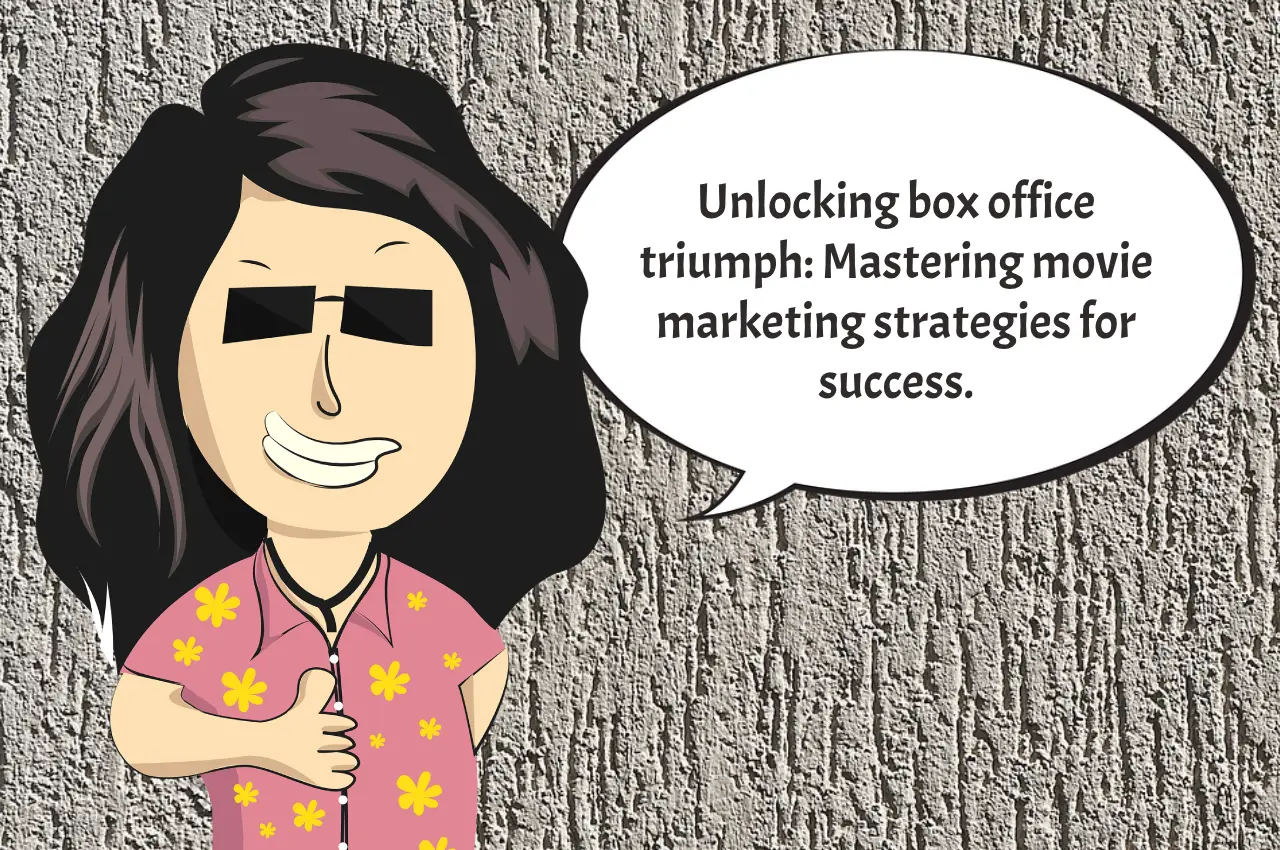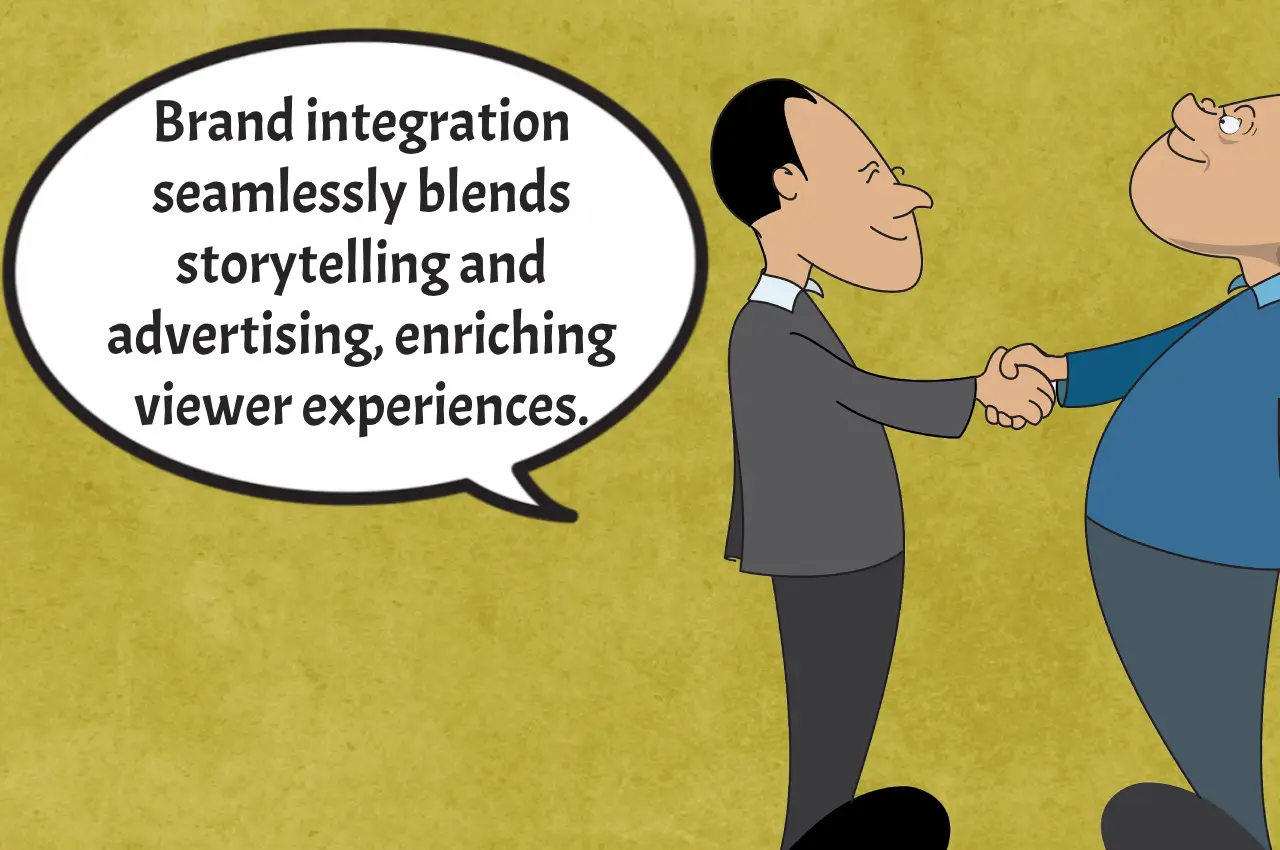Movies captivate millions worldwide, often becoming cultural phenomena. But what makes some films soar at the box office while others falter? The secret often lies in effective movie marketing. This blog post will explore the strategies that lead to box office hits and misses, providing valuable insights for filmmakers, marketers, and movie enthusiasts alike.
The Art of Captivating Trailers
The first glimpse of a movie often comes from its trailer. A well-crafted trailer is a powerful tool. It can build anticipation and intrigue without giving away too much. For instance, the trailer for “Inception” (2010) was a masterpiece in this regard. It showcased the film’s unique concept without spoiling the plot, leaving audiences eager for more.
Understanding the Target Audience
Knowing your audience is crucial. Films like “Deadpool” succeeded by tailoring their marketing to appeal directly to their fanbase. Its unconventional campaign included cheeky social media posts and unconventional promotional stunts, resonating well with its audience.
The Power of Social Media
Social media has revolutionized movie marketing. Platforms like Twitter, Instagram, and TikTok offer direct channels to engage with audiences. The success of “The Hunger Games” franchise owed much to its innovative use of social media, creating an immersive world for fans online.
Celebrity Influence and Endorsements
Stars don’t just act in films; they also play a key role in marketing them. Their social media posts, interviews, and public appearances can significantly impact a movie’s success. Tom Cruise’s dedication to performing his own stunts, often shared on social media, has been a major draw for the “Mission: Impossible” series.
Leveraging Nostalgia and Franchises
Nostalgia is a powerful tool. Reviving beloved characters and stories can attract a wide audience. “Jurassic World” tapped into this by bringing back the wonder of the original “Jurassic Park,” appealing to both new and returning fans.
The Pitfalls of Poor Marketing
Not all marketing strategies lead to success. Misleading or confusing campaigns can backfire. The marketing for “Suicide Squad” (2016) promised a Joker-centric movie, which it wasn’t. This mismatch between marketing and the actual film left many viewers disappointed.
Exclusive Previews and Early Screenings
Creating exclusivity can generate buzz. Early screenings and previews can create word-of-mouth publicity, as seen with “Avengers: Endgame.” Its early positive reviews and controlled spoilers helped maintain excitement and intrigue.
Innovative Merchandising
Merchandising extends a film’s reach. Creative products can keep a movie in the public eye long after its release. “Star Wars” is a prime example, with its vast array of merchandise keeping the saga alive in fans’ daily lives.
The Role of Critics and Reviews
Critics can make or break a film. While not always reflective of box office success, good reviews can boost a film’s credibility. “La La Land” gained momentum from its rave reviews, enhancing its appeal beyond its immediate target audience.
Budget vs. Marketing
A big budget doesn’t always guarantee success. Effective marketing is often more critical. “Blair Witch Project,” a low-budget film, became a massive hit largely due to its innovative and mysterious marketing campaign.
When Marketing Goes Wrong
Sometimes, marketing missteps lead to failures. “Cats” (2019) is a notable example. Despite its star-studded cast, the bizarre CGI and confusing trailers turned audiences away.
Engaging Fan Communities
Engaging with fan communities can be a boon. “Harry Potter” movies excelled at this, creating a sense of belonging among fans. This connection kept audiences coming back for more.
The Importance of Timing
Release dates matter. Choosing the right time to release a movie can avoid competition and capitalize on certain seasons. “Titanic” benefited from its December release, dominating the quieter winter box office.
The Recipe for Box Office Success
Effective movie marketing is a blend of understanding the audience, innovative strategies, and engaging storytelling. It’s not just about big budgets but about connecting with viewers in a meaningful way. As we’ve seen, this can make the difference between a box office hit and a miss.
Have you seen a film that succeeded or failed because of its marketing? What marketing strategies have caught your eye? Share your thoughts and stories in the comments below. Let’s discuss the fascinating world of movie marketing!





